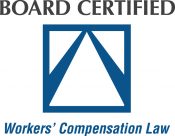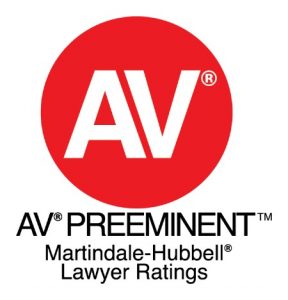Noneconomic damages are damages that are difficult to quantify but that are real nevertheless– pain and suffering, for example, or mental anguish. Typically, noneconomic damages are not available for a workplace injury. There are exceptions, however, and they are important.
If you are injured at work, there are two main avenues of compensation — workers’ compensation law or personal injury law. The advantage of filing for workers’ compensation is that even if you can’t receive noneconomic damages, you don’t have to prove your employer was at fault to win. The advantage of filing a personal injury lawsuit is that even though you will have to prove fault, your noneconomic damages could be substantial.
Choosing How to Pursue Your Claim
When You Can Sue Your Employer for Noneconomic Damages
Third-Party Claims
Choosing How to Pursue Your Claim
Normally, the facts of your case dictate the nature of your claim — you cannot choose whether to file a workers’ compensation lawsuit or a personal injury lawsuit. If you were injured at work, you must file under the workers’ compensation system unless an exception applies. Speak with your lawyer to find out whether you qualify under one of the rare exceptions that allow you to choose which system to use.
Examples of Conditions That Justify Non-Economic Damages
The following are examples of conditions that are considered non-economic in nature:
- Physical pain from an injury;
- Emotional distress (if accompanied by a physical injury);
- Loss of enjoyment of life;
- Disfigurement; and
- Similar maladies
Remember that certain diagnosable conditions such as PTSD might even qualify you for economic damages under workers’ compensation law, if they arise directly from an injury. Consult your lawyer for details.
When You Can Sue Your Employer for Noneconomic Damages
Under the following circumstances you can ignore the workers’ compensation system, proceed directly to a personal injury claim, and seek noneconomic damages:
- Your employer intentionally injures you — in other words, your employer intended to cause you harm.
- Your employer violated the law by failing to carry workers’ compensation insurance.
If you file a workers’ compensation claim and it is denied, you don’t get a “second bite at the apple” — in other words, you cannot proceed to file a personal injury lawsuit.
Third-Party Claims
You can file a personal injury lawsuit and seek noneconomic damages if you can find a third party (other than you or your employer) who is responsible for your injuries. Following are some examples:
- If you were injured by a defectively manufactured work equipment (the third party is the manufacturer);
- If you were injured by a toxic substance (the manufacturer is the third party);
- You were injured by an unreasonably dangerous condition at a construction site (you might be able to sue the property owner).
Contact Us Today
Raleigh workers’ compensation lawyer John A. Hedrick enjoys the benefits of more than 20 years of experience handling workers’ compensation claims throughout North Carolina. Unlike most North Carolina lawyers, he is Board Certified in workers’ compensation law. Please contact us by telephone at 919-626-3895, email us at john@johnhedricklaw.com or complete our online claim evaluation form.
In addition to Raleigh, we serve clients in Asheville, Charlotte, Greensboro, Greenville, Fayetteville, Wilmington and elsewhere in North Carolina.



